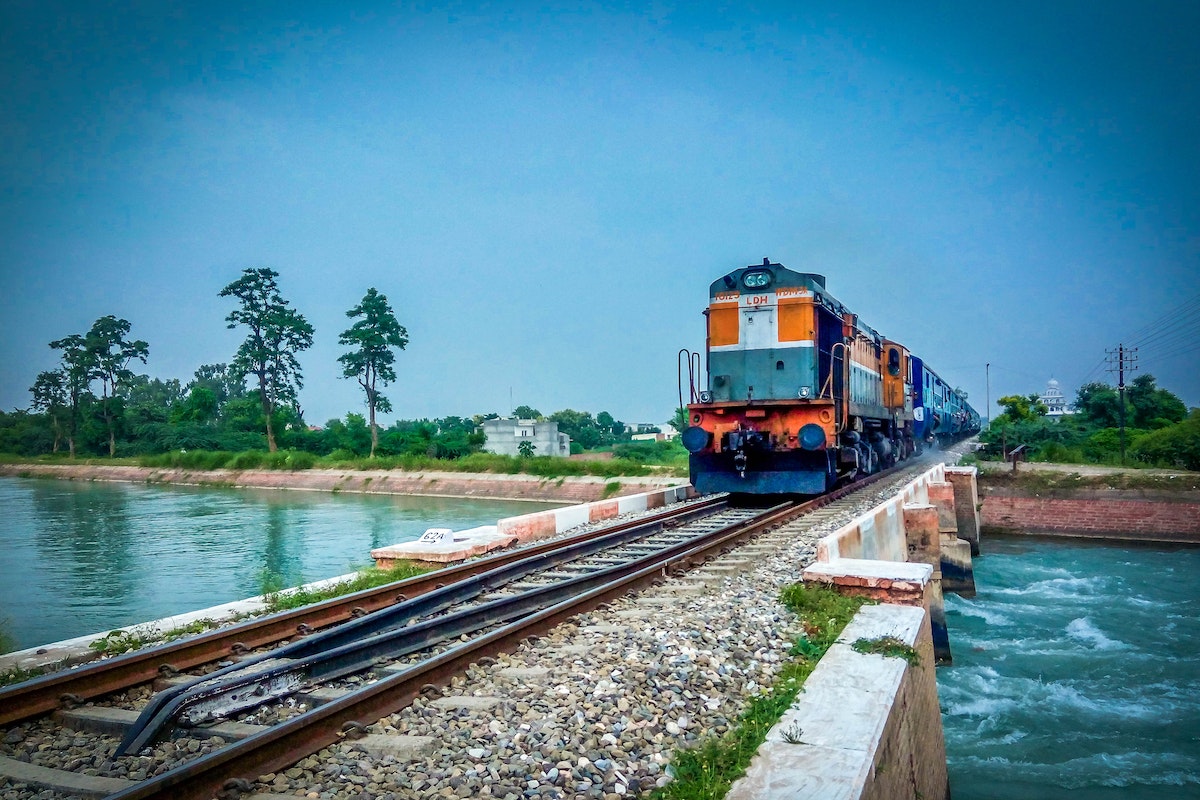The rail industry includes commuter trains, freight, and long-distance passenger rail services. Continue reading →
The rail industry includes commuter trains, freight, and long-distance passenger rail services. It’s a cost-effective and efficient way of moving goods, materials, and people from one place to the next. As such, the rail industry is vital across the world.
Of course, like many other industries, the rail industry has had to keep up with recent technologies to stay competitive. In particular, many rail companies make use of AI for increased safety and efficiency.


There are plenty of advantages to using AI within the rail industry. Most notably, AI can reduce costs, increase safety, and improve efficiency. That benefits all, as the rail industry can save money while both the environment and passengers benefit from the more efficient trains.
Plus, implementing AI within the rail industry is easy with the right computing system stationed at the edge. For example, Jetson Orin Carrier Boards offer a compact, small design that can be put in the harshest environments, withstanding vibrations, shock, and temperature changes. Plus, they are configurable to meet specific purposes.
As you can see, AI makes a lot of sense for the rail industry. To know more about the types of AI applications within the rail industry, keep reading.
One of the most effective ways the rail industry uses AI is through train scheduling. Train timetables are often tight, with trains needing to show up on time – every time. Otherwise, they risk a massive knock-on effect. AI can tackle this issue.
AI also makes rail travel a lot safer for drivers, passengers, and the goods carried on the train, thanks to AI-powered cameras. AI-powered cameras use real-time data to show upcoming hazards. Then, as soon as the system detects these hazards, it alerts the necessary people to ensure the train can avoid them.
AI-powered cameras can also make train stations safer for people. Rather than having a security guard manning the CCTV monitors, AI can pick up on suspicious behavior, flagging it to the appropriate rail worker.
Like every industry, equipment maintenance matters for rail companies. Thankfully, AI makes this much easier, thanks to predictive maintenance. AI algorithms can detect when a train is in need of maintenance, which allows for speedy maintenance performance without too much interruption. Plus, it helps rail companies avoid further damage to equipment which would have been far more costly.
AI is used within the rail industry to collect data on passengers. In particular, it gathers information on passenger demand, which helps rail companies ensure there are enough trains at the busiest time of day. Analyzing passenger behavior can also help rail companies create a more enjoyable train experience.
AI is being embraced by industries all over the world, and rail is no exception to that. That’s no surprise, considering AI can make rail transportation safer, more efficient, and environmentally friendly.
If you’ve ever clicked a state on a digital map to find a store location,…
the whole process, from coming up with a concept to polishing your tale, easy, quick,…
Mobile workforce management systems provide unprecedented visibility into field operations and customer service performance. Continue…
Sun and Soul Saunas are a great way to bring peace, comfort, and health into…
Hide or remove the undesirable object with planar trackers. Choose the best one for your…
End-to-end testing is about more than just eliminating bugs; it's about safeguarding what matters most:…